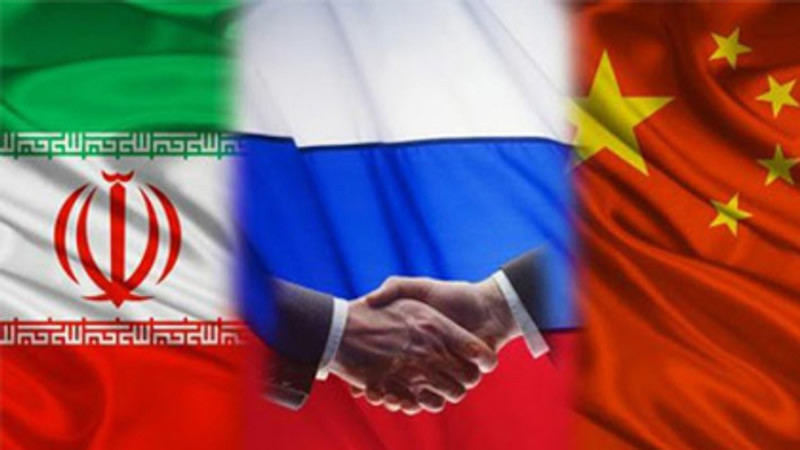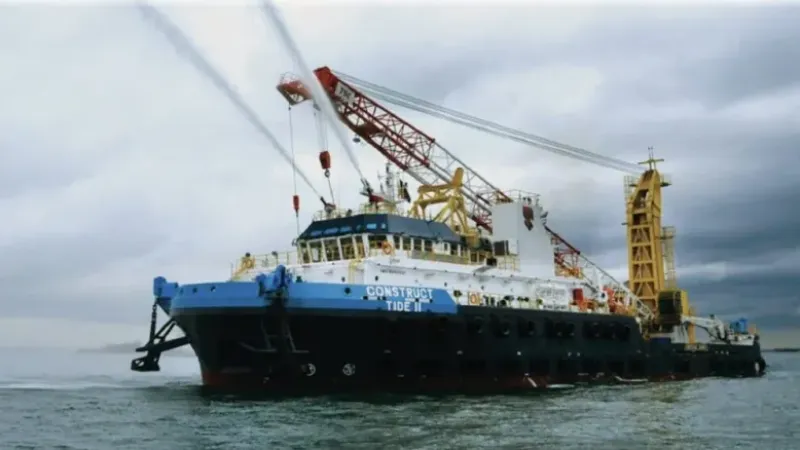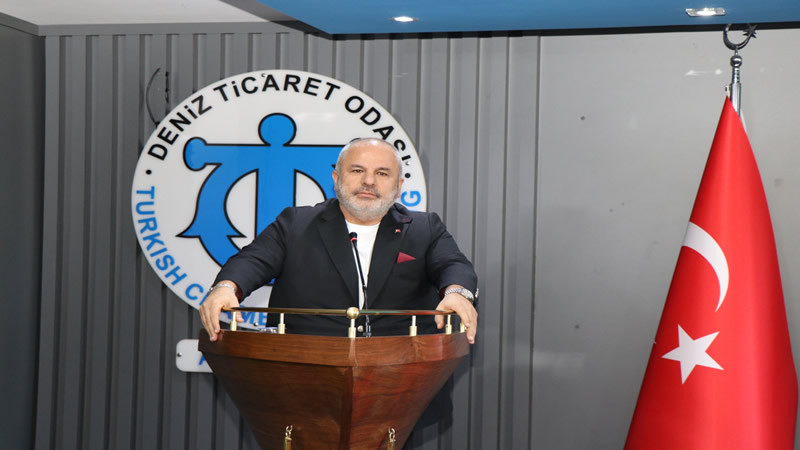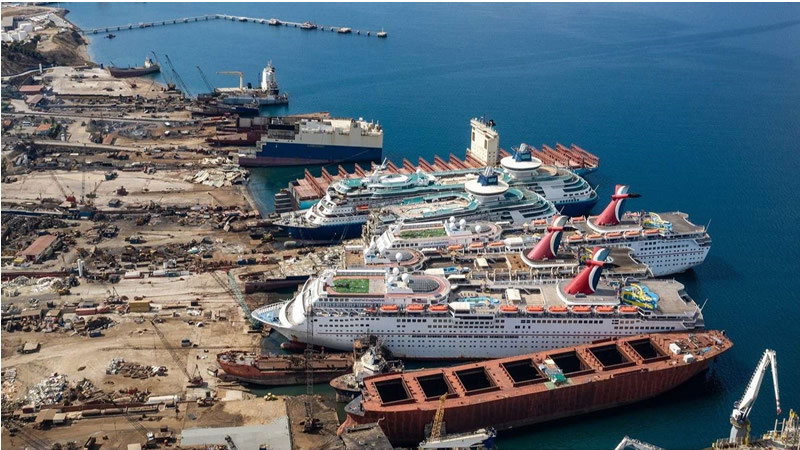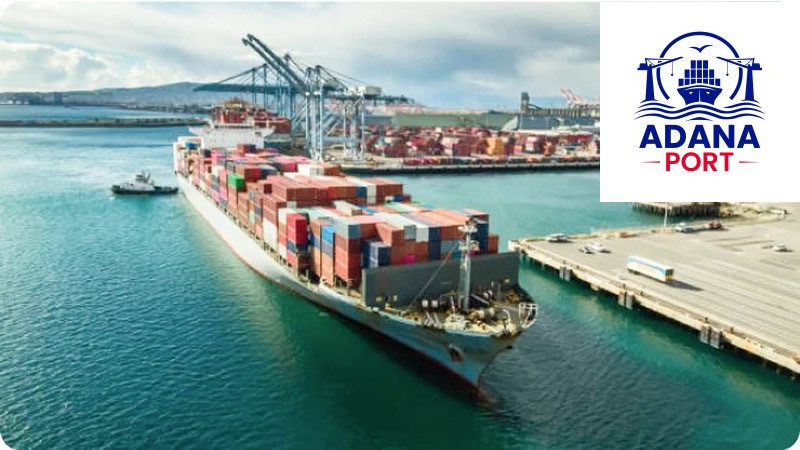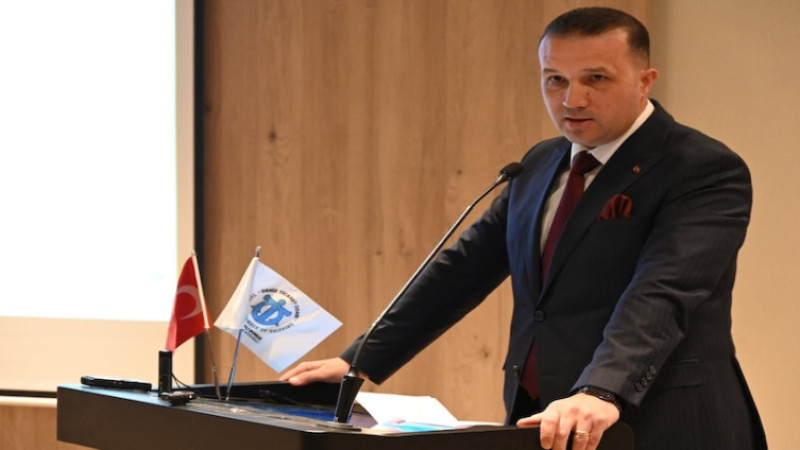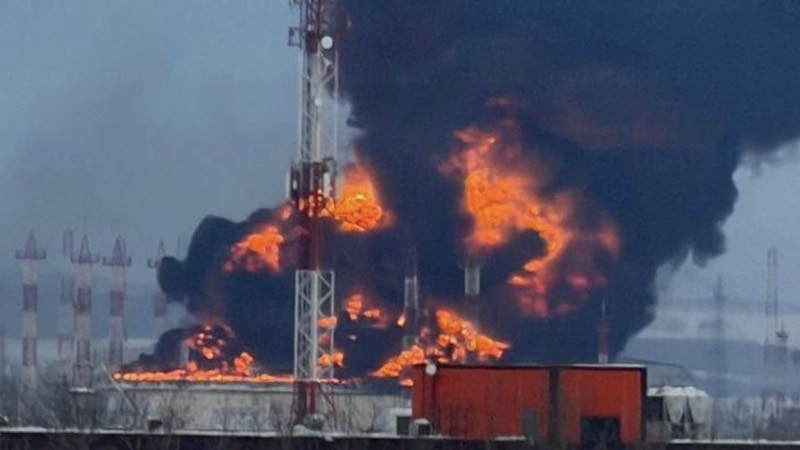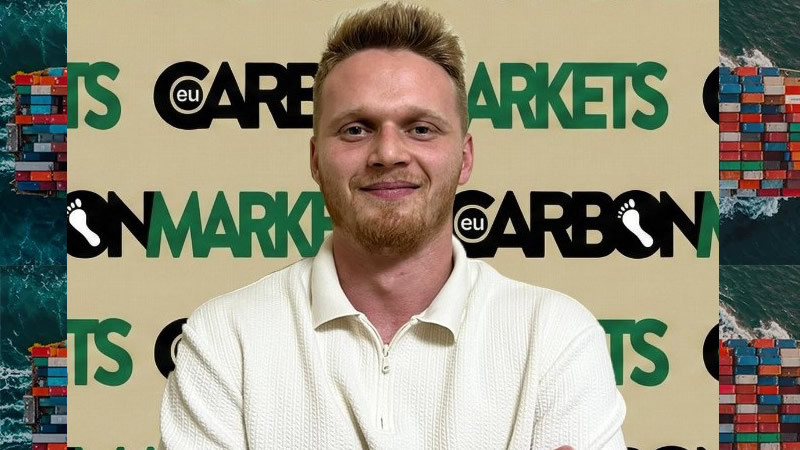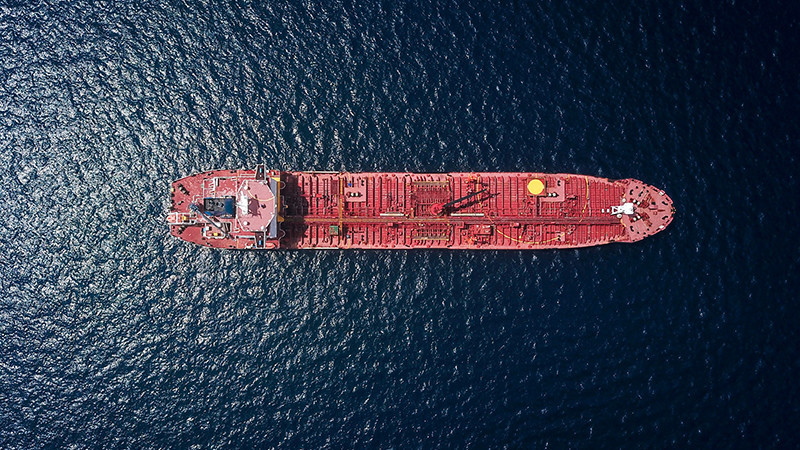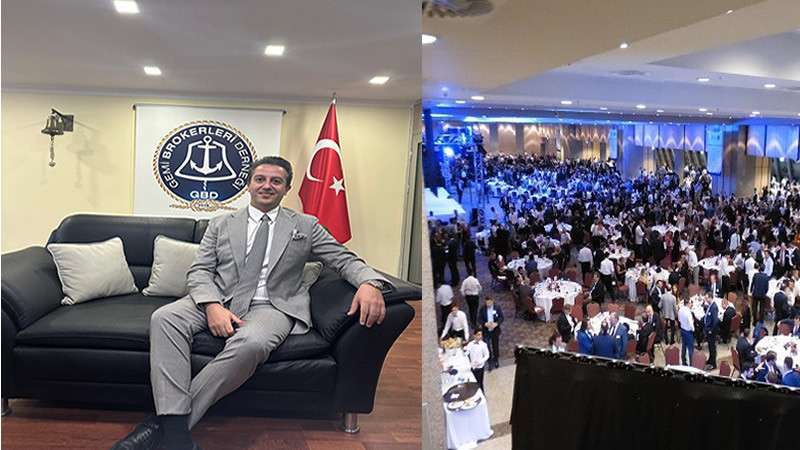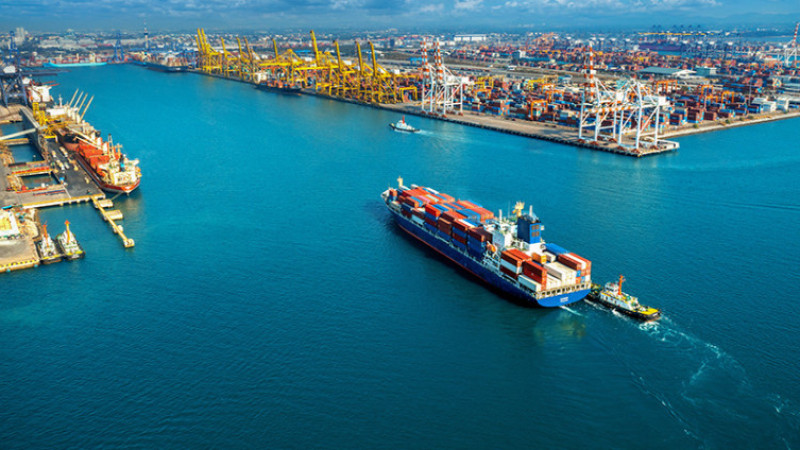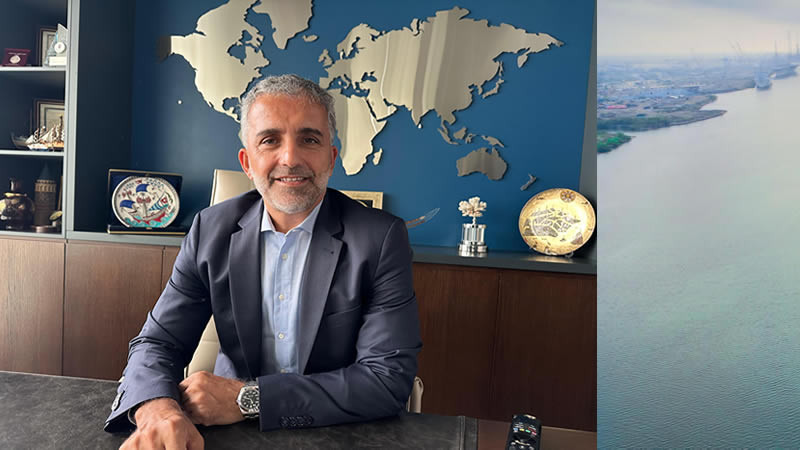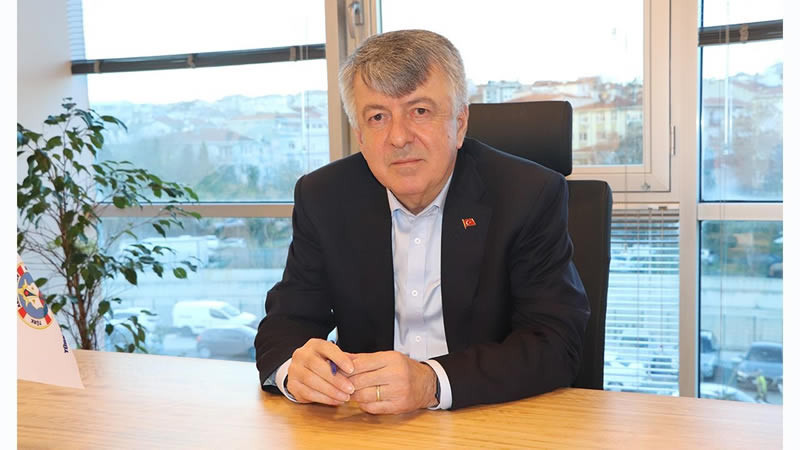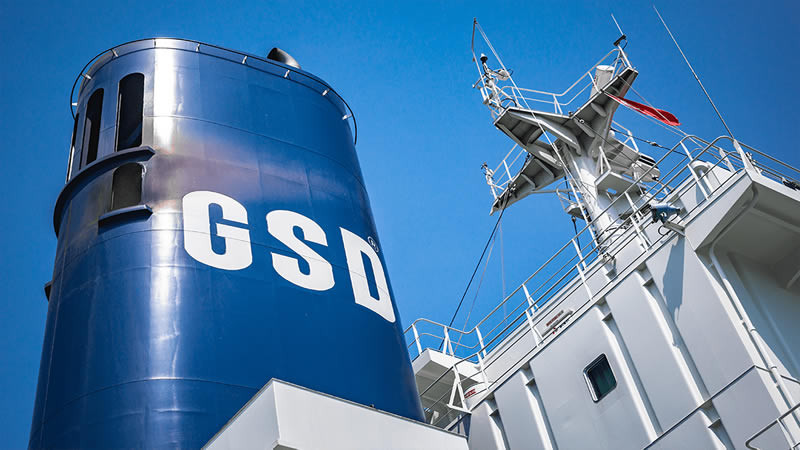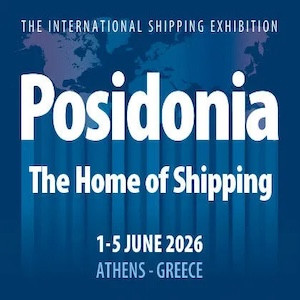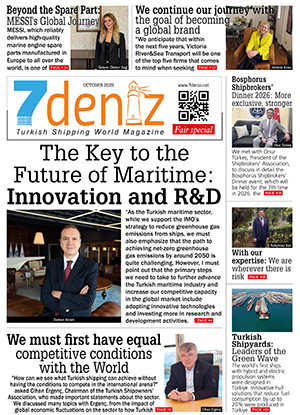We will expand our fleet in 2024
Burak Atasoy is a member of a family with nearly 70 years of maritime history. Today, as a third generation shipowner, Burak Atasoy is engaged in freight transportation in the family company Atasoy Denizcilik and also has his own ship management company.
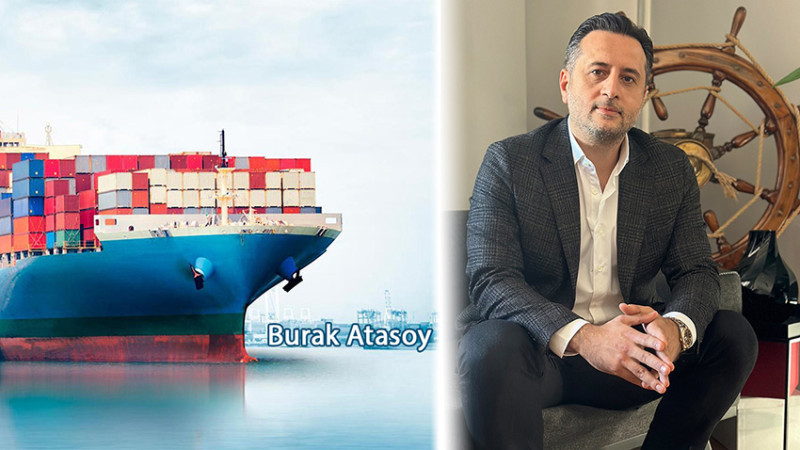
Burak Atasoy, who is engaged in ship management business with well-established companies in the sector through this company, is a graduate of Istanbul Technical University Deck Department. "We are trying to run and grow this business as much as we can, in a way befitting our family," says Burak Atasoy, adding that caution is at the heart of his commercial approach.
Giving information about the services they offer to the sector, Atasoy said, "Our goals are actually not only to grow in maritime trade, but also to grow in a way to cover all marine life. For example, one of my cousins graduated from Yıldız Technical University Shipbuilding Engineering. He has improved himself a lot in this field and is currently interested in Balast Treatment Systems (BTS). Another cousin of mine is an operator, and I am a graduate of the Faculty of Maritime Studies. Our goal is to provide a full range and quality service in every field of the sea, not only in maritime trade, but also in construction, industry, management and shipownership, with more and more ships. While increasing the number of ships, which is among the goals of every shipowner, we aim to operate in the sector with more suitable tonnages for our own goals and the needs of our charterers, rather than buying and operating second-hand ships that are followed."
We will expand our fleet in 2024
"It is important to make a breakthrough when the time comes, but my style favors a more assured approach to trade," Atasoy said, adding, "First of all, it is important for me what this ship will earn in the long term for the ship to be operated or purchased. The hit and run method does not work very well for me. What is important for me is to have ships that will earn me or the shipowner I will serve in the long term. Therefore, I do not have a very aggressive structure. There should be ships that comply with the current regulations and will not cause much expense while adapting to the upcoming regulations. At least the ship purchased should operate for 5-10 years without causing any problems for the shipowner."
Investors cannot afford to underestimate variables
When the operator takes over the management of the shipowner's fleet, the company's primary objective should be the efficient and safe operation of the ships. To manage the ship, the operator implements its own systems and processes on board. These systems and processes must be continuously monitored and improved to ensure the safety of the crew and the ship and to maximize operational continuity. It seems to me that ship investors may be somewhat ignoring the technical characteristics and needs of the industry and the ships. However, considering that this technical chaos is increasing rapidly every day, investors in this sector do not have the luxury of underestimating technical indicators and variables."
Saying that he looks at age rather than tonnage when investing in ships, Atasoy said, "Currently, when you buy a 30-year-old ship, you can make money without entering certain ports, but you don't know what will happen after a certain period of time. If I buy an old ship with a high tonnage and send it to scrap after 2-3 years, this does not mean a serious growth for me. It is among my top priorities that the ship I buy is in a condition to serve for many years. In addition to age, considering the ports that base emission values on emission values, the multidimensional evaluation of the ship to be selected gains importance. In short, if we are going to expand the fleet, it is more important to make investments that will create a solid foundation for the future rather than saving the day."
The sector needs a breakthrough in new construction
"In the coming periods, the environment will be more at the forefront," Atasoy said, adding, "For this reason, I think the sector should make a breakthrough in new construction. The number of new ships, both Turkish flagged and foreign flagged, should be increased. It is important to rejuvenate the fleet and to make all technologically feasible revisions to the existing fleet. Currently, too many old ships are allowed to trade. Of course, we have already operated our ships under the Turkish flag for years, but in some cases you have to make a choice. Administratively, especially in terms of tonnage tax etc., the administration needs to take steps to make it attractive and take an obligation on the Turkish flag. After all, we breathe the air of this country, we live under this flag. I don't think there will be a shipowner who doesn't want the flag of his own country to fly."
Young people are important for all of us
Stating that young people should be trained in the sector, Atasoy said, "Young people are important for all of us. After all, as in every business, this job is done for a certain period of time and young people take over. Eventually we will hand over the flag to them. That's why it is very important for me to identify the people we will hand it over to now. I like to work by taking young people, teaching them what I know, learning together when necessary, and transferring our experiences to them in a way that keeps up with the age. We try to help young people who are still students with the problems they have with their schools."
Transportation costs have increased 3-4 times
Speaking about the wars in our region and the impact of these wars on the sector, Atasoy said, "Due to the incident in the Red Sea, companies had to change their routes to the Cape of Good Hope. This, of course, started to be a serious expense. In most of the long-term agreements, especially when the companies were bidding, they did not calculate the freights according to the current conditions. They were giving prices thinking that they would come from China and use the Red Sea. Now that they cannot use it, they have to go around the Cape of Good Hope and their transportation costs increase 4-5 times. They had serious problems with the buyers, some of them canceled their deals with the buyers. In general, it seems that they have somehow gotten used to war in this region. At the end of the day, trade in the Black Sea somehow continues. Ships are going to the Israeli side. I think there will be problems in the long run due to the costs. We follow such a policy both because we do not trade much in the Black Sea region and we do not have a growth target in that region, and for the sake of the personnel on board and to minimize the damages to the ship. There are companies working in this field. There are also those who are expanding their fleet for the grain corridor, but I am in favor of not taking risks in this regard." 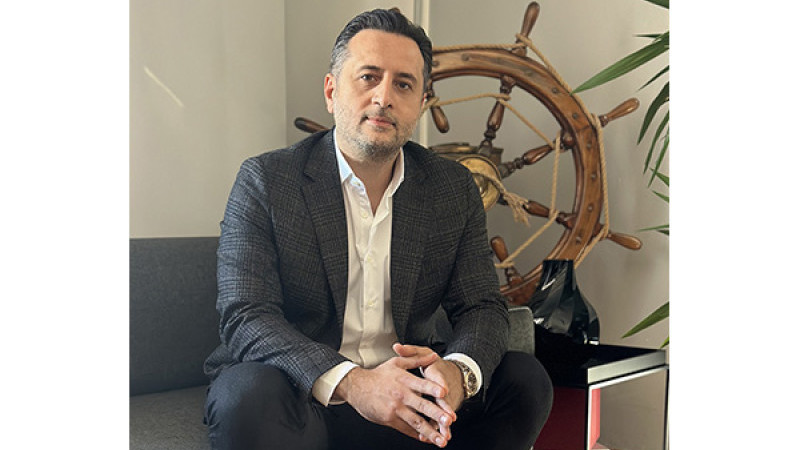
I don't think 2024 will be bright
Saying that 2023 was more stagnant compared to previous years, Atasoy said, "Sometimes we had trouble finding cargo for the ships and there were times when we had to stay on the spot. I honestly don't think 2024 will be very bright either. Old ships are still in the market. There is not much elimination. If these ships decrease with new regulations or if the charterers improve the conditions a little more, there may be an increase in freight rates. I don't think there will be much increase in freight rates with the existing ships and facilities in the current market."
It's the same as telling people not to come
Speaking about the ships that were excluded from the scope of insurance, Atasoy said, "It seems that this issue will not remain only with Türk P&I. For all P&I clubs, there has been an application that I think is completely unfair in terms of the calculation after the last few incidents. If these fines are not reduced to a reasonable level, if they continue in this way, the ports in the Marmara Sea will lose serious blood. The calculation based on the grostone of the ship regardless of the area polluted by the ship is very wrong. A different method is followed from the one applied all over the world. For example, it is a very wrong practice to make no distinction between two ships of the same groston polluting the sea with 1 m3 or 1000 m3 of cargo or fuel, regardless of the rate at which the ship pollutes the sea. Penalties should be given according to the rate of pollution. It is too easy. This is tantamount to shooting ourselves in the foot. It is the same as telling people not to come. These fines will have serious repercussions on both insurance premiums and freight rates. Our job is to get the shipowner out of here with the least cost and the least risk. It's called an accident and unfortunately such accidents happen. I would also like them to impose all kinds of penalties on every ship that does it consciously. Today, if you go out to sea with a boat and pollute the sea with 1 barrel of oil, the fine for this is 200-300 thousand TL, but even if you spill half a barrel of oil with a large ship, the fine for this is expressed in millions of dollars."
There is a serious seafarer employment problem in the sector
"Between the Covid pandemic and the Ukraine-Russia war, many foreign companies increased their recruitment of Turkish personnel. This caused problems for Turkish shipowners in employing local personnel. While we were already experiencing difficulties in the employment of qualified personnel for the last 10 years, these developments have added salt to the fire." Atasoy, who is also in charge of the Chamber of Shipping Education and Employment Commission, said, "We are currently experiencing the negative consequences of the unplanned and unprogrammed cancellation of the driving license rights of maritime high school graduates, which are sufficient up to 3000 GT-3000 KW. We cannot find young personnel to work on vessels below 3000 GT and 3000 KW. The number of close-haul captains and close-haul first officers or close-haul chief engineers or close-haul second engineers has decreased significantly. For this reason, the necessary steps should be taken urgently to re-issue 3000 GT - 3000 KW licenses to graduates of maritime high schools, which we are working on."


